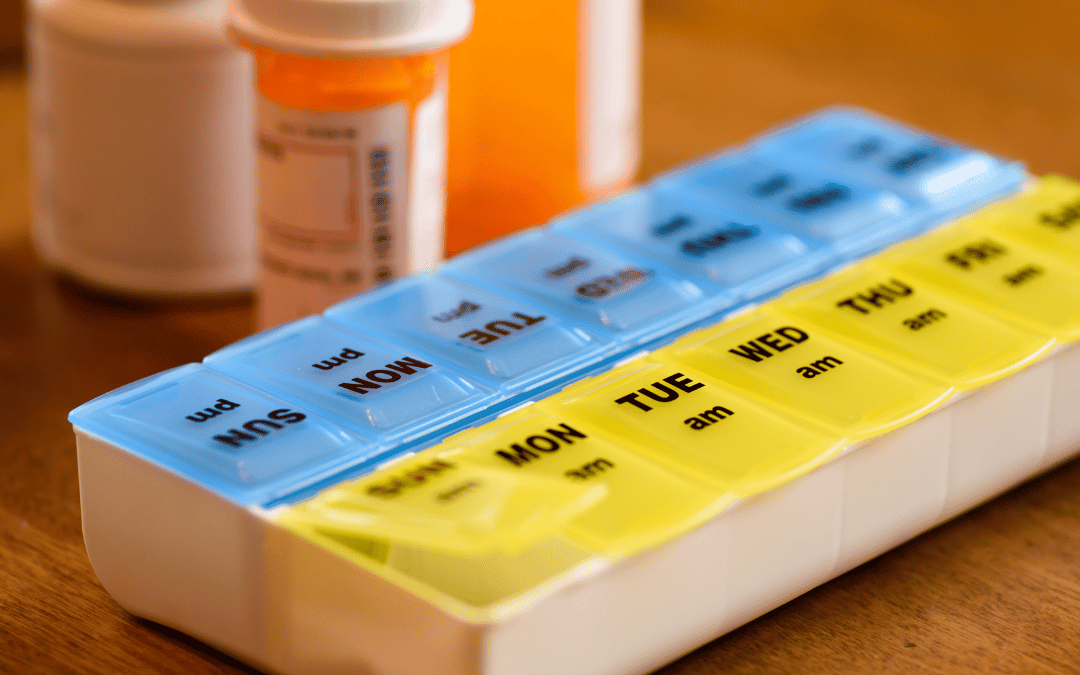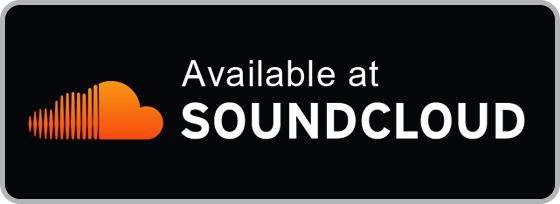Managing medication at home can be daunting, especially for those caring for loved ones with chronic illnesses or disabilities. However, with the right tools and strategies, staying organized and ensuring that medications are taken safely and on time is possible. In this guide, we’ll explore some tips and best practices for managing medicines at home, whether you’re a caregiver or a patient.
The importance of medication management at home
Managing medications at home is crucial for maintaining one’s health and well-being. Medication management has become increasingly important with the rise of chronic diseases and complex medical conditions. It involves organizing, monitoring, and administering medications safely and effectively to ensure optimal treatment outcomes. Proper medication management can prevent adverse drug interactions, minimize side effects, and ensure that patients take their medications as prescribed. In this context, active participation and responsibility of both patients and their caregivers play a crucial role in achieving the desired outcomes of medication therapy.
Create a medication schedule and stick to it.
One of the most critical steps in effectively managing medication at home is creating a schedule and sticking to it. A plan can ensure that medications are taken at the right time and in the correct dosage. You can use various tools to create a medication schedule, such as a pill organizer, a calendar, or a smartphone app. Ensure you include all medications, including over-the-counter drugs and supplements, and set reminders to help you stay on track. It’s also essential to update the schedule regularly, especially if there are changes to the medication regimen.
Organize medications in a safe and accessible way.
When managing medication at home, it’s essential to keep them organized in a safe and accessible way. Organizations can take an active role in preventing medication errors and ensuring proper adherence to prescribed medications. One practical approach is to utilize a pill organizer, which can separate drugs by day and time. Additionally, it is crucial to store medicines in a cool, dry place, away from direct sunlight and heat, and to keep them out of reach of children and pets. Proper disposal of expired or unused medications should also be ensured.
Keep track of medication side effects and interactions.
It’s essential to keep track of any side effects or interactions that may occur when taking medication. This can help you and your healthcare provider make informed decisions about your treatment plan. Keep a journal or log of any symptoms or changes you experience while taking medication, and report them to your healthcare provider. Additionally, inform your healthcare provider of any other medicines, supplements, or herbal remedies you are taking, as they may interact with your prescribed medication.
Communicating with healthcare providers
When it comes to managing medication at home, effective communication with healthcare providers is crucial. Being proactive and keeping healthcare providers informed about any changes or concerns with medication can help ensure that treatment plans are appropriate and effective. This can include notifying healthcare providers of any side effects, missed doses, or changes in symptoms.
Communicating with your healthcare providers about your medication management is vital for your health and safety. Keeping them informed can help ensure you are getting the best possible care.
Here are some additional tips for communicating with your healthcare providers about your medication management:
- Be prepared to answer questions about your medications, such as the name, dosage, and frequency.
- Be honest about any side effects you are experiencing.
- Ask questions if you need help understanding something.
- Write down any instructions you are given.
- Keep a copy of your medication list and any other important information.
- Bring your medication list with you to all appointments.
- Follow up with your healthcare providers if you have any questions or concerns.
Additionally, informing healthcare providers of any other medications or supplements being taken is vital to avoid potential interactions. Individuals can work towards a successful medication management plan by actively communicating with healthcare providers to improve their overall health outcomes.
Conclusion
Managing medication at home is an essential aspect of healthcare for patients and their caregivers. By following the tips and guidelines outlined in this comprehensive guide, individuals can effectively manage their medication regimen at home and avoid potential medication errors and complications. From organizing medications to communicating with healthcare providers, numerous steps can be taken to ensure safe and effective medication management at home. By taking a proactive approach to medication management, patients and caregivers can improve their health outcomes and enhance their overall quality of life. So, start implementing these strategies today and take control of your medication management journey!


